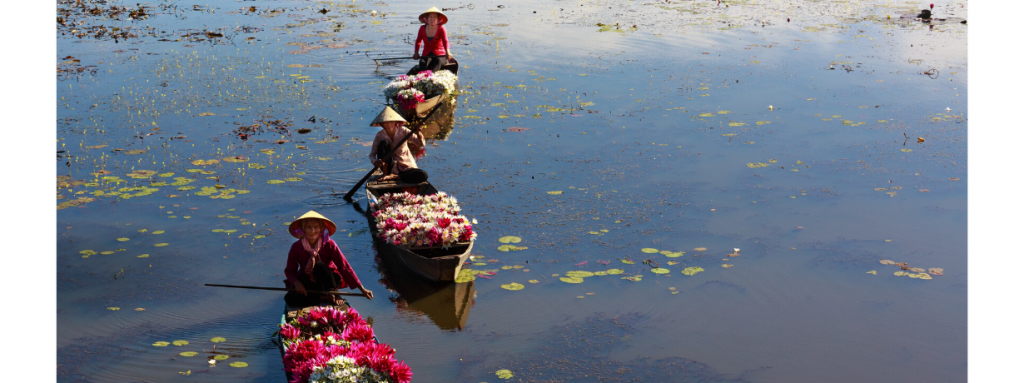4 min read
Global frameworks for climate action, including but not limited to the Paris Agreement and the 2030 Agenda for Sustainable Development, have recognized that they must respect and promote gender equality and women’s rights to be effective and truly transformative. This requires climate finance architecture to be gender-responsive and inclusive to take into account solutions that are working toward gender equality. [1]
Frameworks and policies now exist that articulate gender considerations and uphold women’s engagement as stakeholders in all four of the main public climate finance mechanisms—the Adaptation Fund, Climate Investment Funds (CIF), Green Climate Fund (GCF), and Global Environment Facility (GEF). This notable achievement is due in part to the sustained and committed advocacy of women’s groups and organizations over the last decade, that have provided advice and guidance to these public funds. In addition, philanthropic funders and individual, institutional and gender lens investors are now identifying climate change as a critical area of their investments as well.
Despite the strong arguments made by gender advocates, however, the amount of funding for women’s empowerment and gender inclusion within these mechanisms remains scant. Funding streams for work being done at the intersection of climate change and women’s rights have been virtually non-existent, with less than 0.01% of global philanthropic grant money (2014) supporting projects that addressed both climate change and women’s rights. [2]
Funders and international climate policies are missing key opportunities to help address climate change and gender equality issues because they are not acknowledging or accessing the knowledge and expertise of women at local, national and international levels or supporting agendas led by women’s organizations.
Some of the most critical stakeholders in addressing climate change are grassroots women, women’s organizations, gender and climate experts and advocates – whose engagement in climate finance processes, from design to decision-making, implementation to monitoring remains limited. As stated by WEDO (2019), “gender-just climate finance will require mechanisms that include and engage these organizations and groups as integral partners at all stages of project design, implementation, and monitoring and evaluation, and at all levels and types of financing.”
Yet, too few financial mechanisms and funds are designed to build capacities of local women’s organizations, and/or women farmers not only as individuals, family and community members, but also as leaders and members of cooperatives. Climate funders often have limited expertise to incorporate gender issues, while gender lens investors often have limited knowledge of climate activities and policies; neither are adequately supporting agendas led by women’s funds, organizations, social enterprises and intermediaries that can channel funds and provide support to initiatives led by women’s groups/collectives, and women-led civil society organizations and NGOs. This is in part because these groups are not often able to generate market rates of returns, therefore limiting the size, type of projects, activities and types of funders. Scarce financing for intermediaries also diminishes bridge-building between local women and funders that could radically upscale efforts to support valuable advocacy/awareness raising, knowledge generation and capacity building for climate-adapted and business development skills.
While numerous challenges to shift financing systems and structures exist, there is now an increase in the number and diversity of leaders and organizations ready to explore and drive action to increase funding levels and create innovative financial mechanisms. As more women’s funds and gender lens investors start supporting work at the intersection of women’s rights and climate change, it is critical that they advance strategies to engage with climate finance mechanisms, while advocating for systems-level changes to intentionally engage women’s organizations at all levels.
To increase the capital available for these activities at the scale required necessitates a group of diversified funders and resources that includes members of both the climate-first and gender-first funders and investors to share and appreciate each group’s approaches as well as mechanisms to overcome hurdles to providing women-focused climate projects, organizations and entrepreneurs access to capital. Our call to action is for funders and investors – whether they be from a gender-first or a climate-first approach – to seek outcomes for both climate and gender equality and for all involved in climate projects to include women, listen to women’s voices and decisions and measure results of your efforts to improve the status of women and the planet simultaneously.
[1] WEDO, 2019. Global Women’s Organizations and Climate Finance: Engaging in Processes and Accessing Resources.
[2] Greengrants Fund, The International Network of Women’s Funds and the Alliance of Funds, 2015. Climate Justice and Women’s Rights: A Guide to Supporting Grassroots Women’s Action.


















